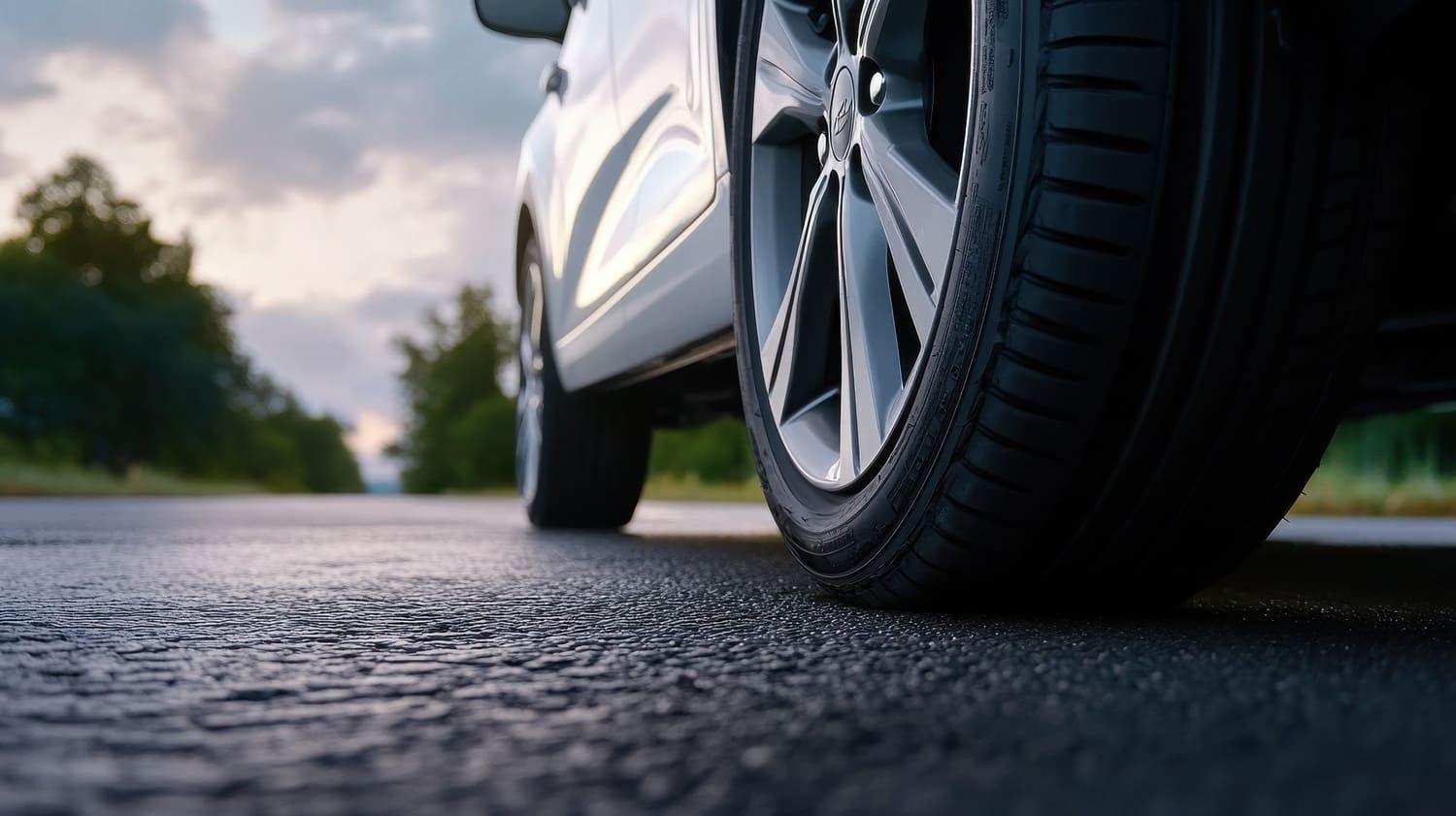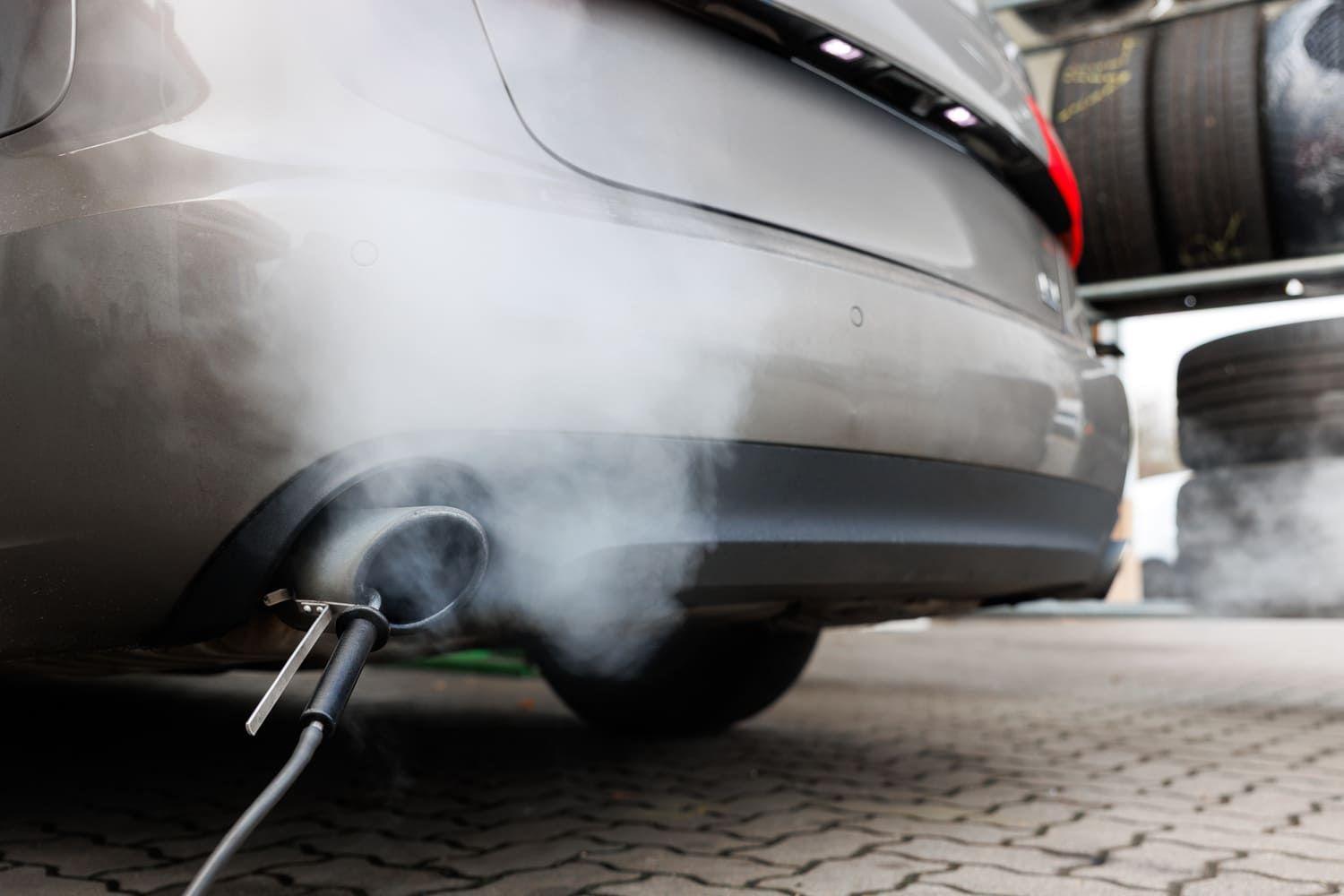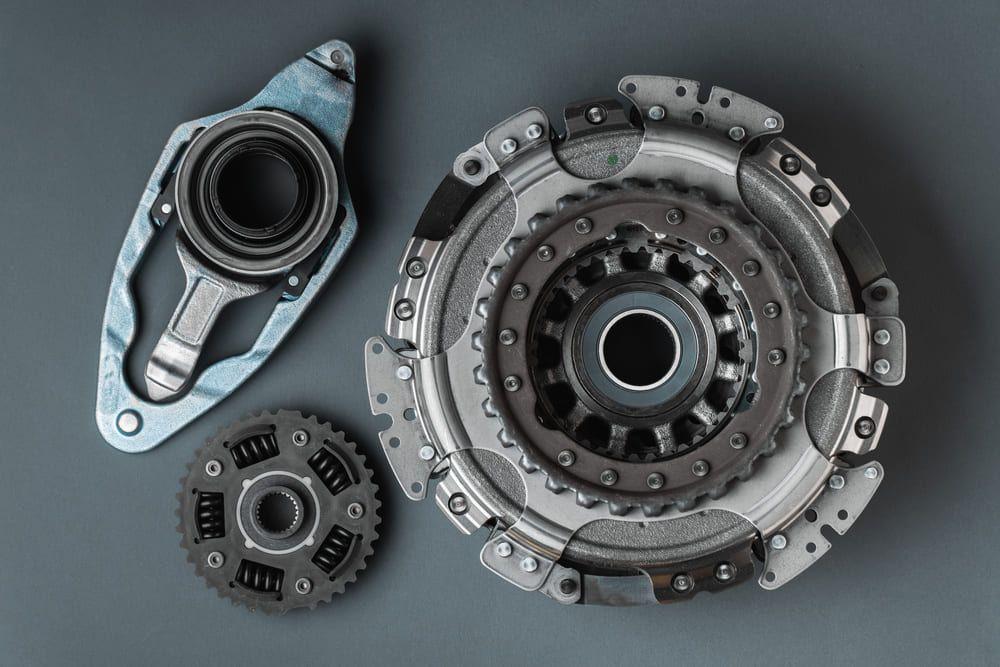
Should I Buy A Diesel Car? A 2025 Guide
Should I buy a diesel car?
This question is popping up more and more for Brits these days. What used to be a go-to engine is now uncertain for shoppers.
From stricter emissions regulations to evolving technology, we have more options, and making a decision is tougher than ever.
Let’s look at the pros and cons of purchasing a diesel car in the current market.
Key takeaways
Why choose a diesel car?
Diesel engines aren’t a complete no-go. In fact, for certain drivers, they still make a whole lot of sense!
Here are a few benefits and positive reasons to choose a diesel engine.
Better fuel economy
Diesel engines are inherently more fuel-efficient than their petrol counterparts, particularly for larger SUVs or frequent long motorway drives.
If your idea of a short drive is further than your local shops, a diesel could save you a tidy sum at the pumps. But a diesel might not be the best bet if you rarely hit the road for long.
Superior towing
Diesel cars will always be associated with towing, as they produce more torque at lower RPMs, which means they’re excellent for towing, climbing hills, and overtaking slow-moving lorries.

Longevity & durability
Diesel engines are built to withstand higher compression ratios and typically have a longer lifespan than petrol engines.
When properly maintained, a diesel car can rack up hundreds of thousands of miles, making it appealing to high-mileage drivers who want a car that goes the distance.
Don’t forget to explore car repair finance to tackle those last-minute service bills.
Good company cars
Diesel cars can still be a good option for long trips and may save money under current tax rules (depending on your company’s policy).
But for the best long-term savings, especially with company car tax perks, electric cars are the smarter choice.
Used car value
When buying a used car, bigger diesel models often keep their value better than petrol ones.
Newer diesels that meet Euro 6 standards also hold their value since they’re exempt from charges in clean air zones like London’s ULEZ.
But looking ahead, it’s unclear how used diesel prices will change after the 2035 ban on new diesel sales. With fewer vehicles on the road each year, a lower supply could help keep prices strong.
Arguments against a diesel car
While diesel cars still have their strengths, there are now several key drawbacks to consider, especially when considering the modern competitors.
ULEZ & CAZ
Many UK cities now operate low-emission or clean air zones, which penalise older diesel vehicles (like London’s Ultra Low Emission Zone (ULEZ).
If your car doesn’t meet Euro 6 emissions standards, you could face daily charges just to drive into town. This typically affects those registered before 2016.
Air quality concerns
Diesel engines produce more nitrogen oxides (NOx) and particulate matter than petrol cars, which can contribute to poor air quality and respiratory issues.
This is essentially why they’ve become a target in clean air strategies around the UK, and with greener electric options around, people are opting for new, more sustainable alternatives.
Expensive fuel costs
Diesel fuel is often more expensive per litre than petrol, and this price gap has widened in recent years. You might still benefit from better fuel economy, the savings aren’t always as clear-cut as they once were.
Sure, EVs have a higher initial cost. But once you look at their monthly running costs, you will notice that diesel engines are suddenly looking much more expensive.
Expensive parts
Modern diesel engines are fitted with Diesel Particulate Filters (DPFs) to trap soot and reduce emissions.
However, if you frequently do short trips or city driving (or drive less than 12,000 miles per year), the DPF can become clogged, leading to expensive repairs and time with your car in the garage.
Similarly, other diesel-specific parts, such as high-pressure fuel pumps, can also be costlier to replace if they go wrong.
Taxes
Older diesel cars cost more in road tax (VED) due to higher CO2 emissions.
In fairness, newer diesels are cheaper to tax, but EVs are still cheaper with no VED. Plus, diesel drivers pay much more in fuel tax than EV owners pay in electricity VAT.
Will diesel cars die out soon?
Diesel cars won’t disappear overnight. There’s still a future for these vehicles, as over 11 million are still on UK roads, and many will continue to run into the 2040s.
But with diesel sales falling, the 2035 ban on new diesel cars looming, and shifting public opinion due to their environmental impact, their long-term timeline looks uncertain.
Car manufacturers are also shifting their priorities toward hybrids and electrics. So, the options are also dwindling.
In short, diesel is being gently but firmly shown the exit.

Diesel cars vs alternative options
Unsure whether you should buy a diesel car? Let’s look at the pros and cons of diesel vs petrol, hybrid, and electric cars.
Car Type | Best For | Drawbacks |
|---|---|---|
Diesel | Long-distance driving, towing | Urban emissions, future restrictions |
Petrol | City driving, lower upfront costs | Less fuel-efficient, higher CO₂ |
Hybrid | Mixed-use, better emissions | More complex tech, middling performance |
Electric (EV) | Short commutes, zero tailpipe emissions | Range isn’t as long, higher upfront purchase cost |
Is it worth it? Should I buy a diesel car?
Time to answer the big question: Should you buy a diesel car?
The real answer is ‘it depends.’ Diesel cars don’t suit everyone, and it depends on your driving habits, where you live, and how long you plan to keep the vehicle.
You should consider a diesel car if:
You drive long journeys (15,000+ miles per year)
You regularly tow a caravan, trailer, or other heavy loads
You live in a rural area with little access to charging infrastructure
You should avoid diesel cars if:
You mostly drive short distances
You want to minimise environmental impact
You live in or near a clean air zone
Last thoughts
Diesel cars still have a role to play, but it’s no longer centre stage.
Rather than being a go-to, diesel cars are best for drivers who go the distance and need a more robust option. However, for those who drive under 15,000+, live near a low-emission zone, or want an eco-conscious car, it might be time to assess other options.
Split the cost with Bumper
Whether you drive a diesel, petrol, or EV, staying on top of surprise costs is key.
With Bumper's interest-free car repair finance, you can split the cost of vehicle maintenance into monthly payments without breaking the bank.

Split your car repair cost over monthly repayments interest-free.

Split the cost of your next repair
Other related articles from our blog

Advice
4 min read
How much does a sump oil leak repair cost?
A sump oil leak repair cost can sit anywhere from £50 to over £700. See the average prices per repair and see the next steps online now with Bumper.

Advice
4 min read
How much does a Tesla scratch repair cost?
Tesla scratch repair costs £80 to £1,200, depending on how deep the scratches are and which part of the vehicle is damaged. Find out more online now.

Advice
4 min read
How Much Does a DSG Gearbox Repair Cost?
Due to their complexity, DSG gearbox repairs typically cost between £200 and £2,500. Find out more about DSG gearbox repairs and replacements here.